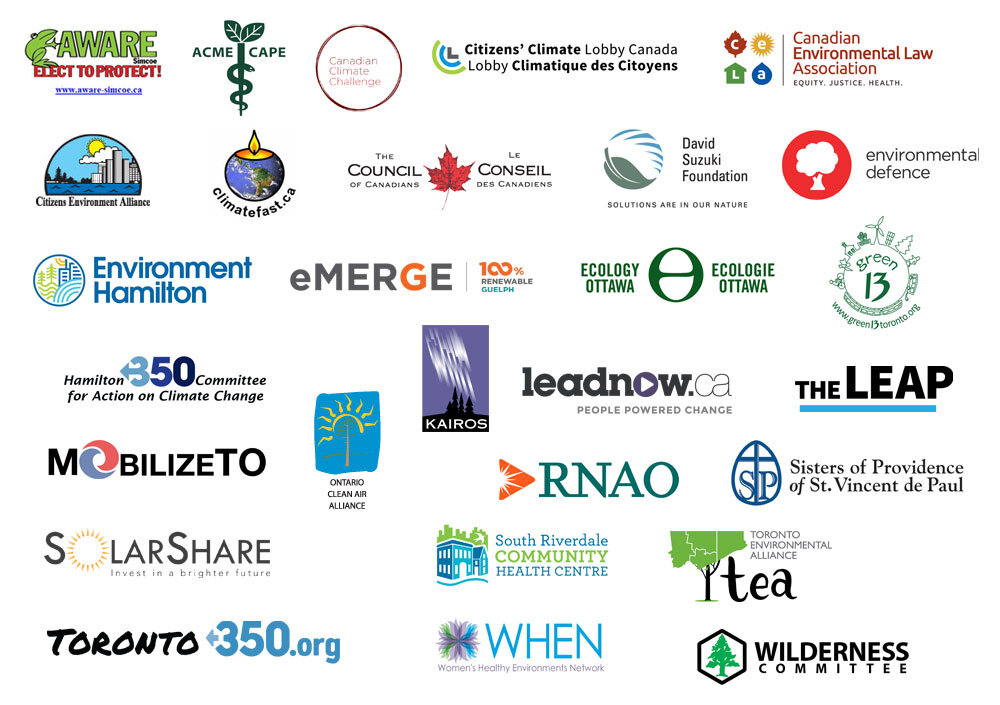Hamilton pipeline opponents win allies
Twenty nine organizations issue statement
The fight against a fracked gas pipeline through Hamilton’s Beverly Swamp has won provincial and national allies. This week twenty-nine organizations linked the pipeline to the Ford government plans to sharply increase gas use in Ontario’s electricity generation. The alliance is demanding an immediate cap on the use of fossil fuels for electricity production and then a complete phase-out by the end of the decade.
In a statement released on Monday, the groups said the provincial government’s intention to replace the Pickering nuclear facility with gas-fired power plants will increase greenhouse gas emissions by 300% by 2025, rising to 400% by 2040.
“To help fuel this massive increase in fossil fuel electricity and climate threatening pollution, the provincial government recently purchased 3 gas plants (for $2.8 billion),” declared the joint statement, “and Enbridge hopes to build a new pipeline through Hamilton to import fracked gas from the US.”
That pipeline project has also been challenged by city council and the Hamilton Conservation Authority who fear its impact on environmentally sensitive wetlands, waterways and significant species. The Conservation Authority is refusing to allow the pipeline to cross its lands at least until a complete ecological study is concluded and then subjected to an independent peer review.
Those concerns are likely shared by many if not all of alliance signatories. They include the David Suzuki Foundation, the Canadian Environmental Law Association, Ecology Ottawa, Toronto Environmental Alliance, Environmental Defence and the Wilderness Committee. Local alliance members include Environment Hamilton and the Hamilton 350 Committee.
But the main target of the alliance statement is the provincial government’s planned expansion of gas-fired electricity generation. That would reverse more than a third of the greenhouse gas reductions won by Ontario’s earlier closure of coal-fired power plants – replacing one fossil fuel for another one.
Enbridge has pointed to increased gas use in electricity generation as one of the key markets it expects to exploit with the new Hamilton pipeline. The other identified markets are New England states even though the source of the gas is fracking operations in Pennsylvania. Possibilities along the US eastern seaboard were underlined by the recent decision of New York State to block a fracked gas pipeline from Pennsylvania which would have provided a much more direct gas feed.
This week’s alliance statement argues Ontario has cheaper and much cleaner electricity options than burning more gas. It urges reversal of the Ford government’s cancellation of energy efficiency programs which the alliance characterizes as “quick-to-deploy and low-cost”. It also calls for “return[ing] Ontario to leadership in developing increasingly low-cost renewable energy resources” such as wind and solar.
The province has been offered hydro power from Quebec a lower price than gas or rebuilding the province’s aging nuclear reactors. The alliance statement points out that “Quebec’s system of reservoirs can also be used like a giant battery to backstop made-in-Ontario renewable power, eliminating the need to use gas-fired power plants.”
Any move by Queen’s Park to increase use of gas to produce electricity has major implications for municipalities like Hamilton and Burlington. Along with many other cities, they have declared a climate emergency and vowed to cut greenhouse gas emissions to zero by mid-century.
Reliance on electricity that is fossil-free is crucial to achieving that goal. Indeed most of the emission reductions already being claimed by Hamilton have come from sharply lower electricity emissions as a result of provincial closure of coal-fired generation stations like Nanticoke.
The groups calling for getting rid of gas-power generation to achieve a fully fossil-free electricity system are urging Ontario residents to contact provincial party leaders and local MPPs to press the case for a gas phase-out.




